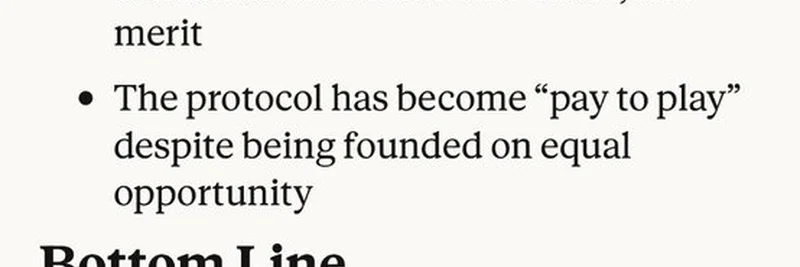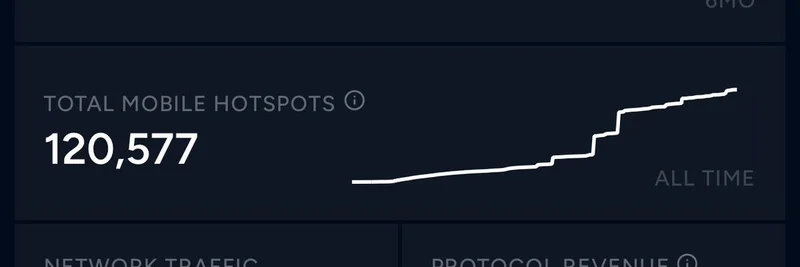In the fast-paced world of blockchain, where decentralization is supposed to level the playing field, a recent tweet from @0xkyle__ has stirred up some serious conversation. He points out the irony that the Ethereum Foundation (EF) is grappling with issues reminiscent of those in communist societies—centralized control masked as equality. Despite Ethereum's leftist-leaning, decentralized ethos, history seems to be rhyming in unexpected ways.
The tweet shares a screenshot from a chat with AI model Claude (Sonnet 4.5), breaking down what it calls the "Ruling Elite" problem in Ethereum. Here's the key takeaway from that discussion:
Breaking Down the Elite Control Issue
According to the analysis, even though Ethereum champions decentralization—meaning no single entity should hold all the power—Vitalik Buterin, its co-founder, still wields indirect but complete control. This isn't through overt dictatorship but via subtle influence.
A small group of 5-10 people, including venture capitalists (VCs), researchers, and thought leaders, act as gatekeepers. They're advisors or investors in nearly every successful project on the network. If you're not connected to this inner circle, good luck getting traction. Success here isn't just about merit or innovative ideas; it's about who you know. This turns the ecosystem into a "pay to play" setup, where equal opportunity is more slogan than reality.
The bottom line? Ethereum has strayed from its founding principles. What started as a trustless system—where anyone could participate without needing permission—now feels controlled by a small elite. The Foundation has allegedly exploited principled workers, and financial incentives have corrupted the vision. Whoever "he" refers to in the chat (likely a disillusioned insider or observer) feels trapped: either leave or accept a compromised system.
Why This Matters for Meme Tokens and Blockchain Builders
This tweet hits home especially for those in the meme token space, where Ethereum has been a breeding ground for viral projects like Dogecoin-inspired coins or NFT memes. But if the network is bogged down by elite gatekeeping, it stifles creativity. Builders spend more time networking than innovating, which is why we're seeing a shift to chains like Solana.
In fact, one reply to the tweet echoes this by linking to a thread from @addicteddotfun, where a team ditched Ethereum and Base for Solana. They raked in $3.5 million in revenue in just 48 hours after launching their game—something they couldn't achieve on ETH despite years of effort. Solana's open, builder-first culture contrasts sharply with Ethereum's "closed dinner party" vibe, where inner circles dictate trends.
For meme token enthusiasts, this highlights why Solana has become a hotspot for pump.fun-style launches and community-driven hype. No elite approvals needed—just build, launch, and let the market decide. Ethereum's issues could push more meme projects away, fragmenting the ecosystem but also fostering healthier competition.
The Broader Crypto Irony
Kyle's tweet nails the irony: a platform built to dismantle centralized power ends up mirroring the very systems it sought to replace. It's a reminder that decentralization isn't just tech—it's about culture and incentives too. As blockchain evolves, keeping an eye on these dynamics is crucial for anyone trading, building, or just memeing in crypto.
If you're diving into meme tokens, consider how chain choices affect your plays. Ethereum still dominates DeFi, but for raw, unfiltered innovation, alternatives are gaining ground. What do you think—has Ethereum lost its way, or is this just growing pains? Drop your thoughts in the comments below.



